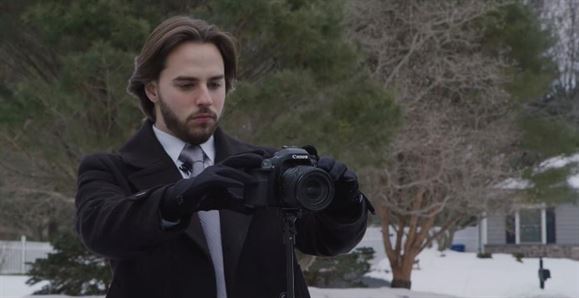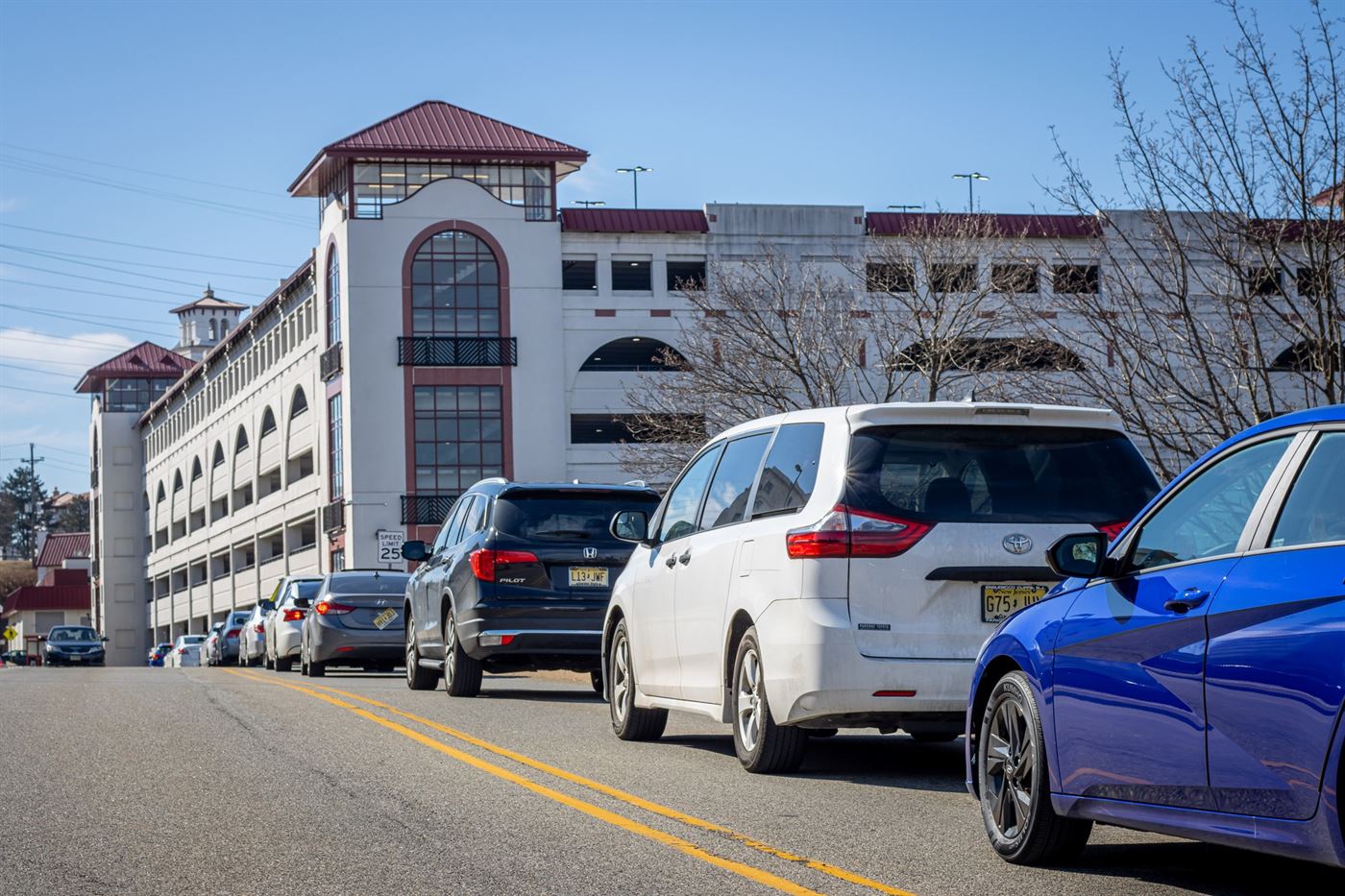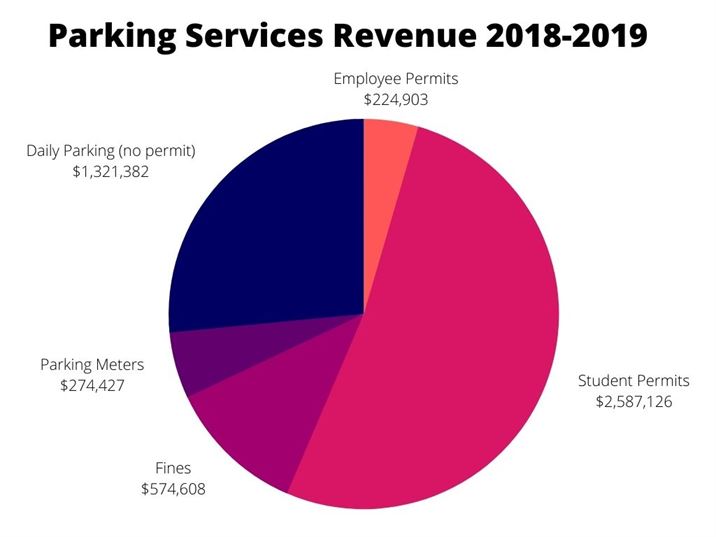Last month, students, alumni and parents filled The Montclarion Instagram post with displeasing comments about parking services exceeding $1 million in revenue in the last three fiscal years.
The post, which provided infographics and quotes from the article “Montclair State University Made Over $1 Million in Parking Tickets in the Last Three Years,” accrued over 300 comments, 2,000 likes and 7,500 shares.
Most of the commenters shared their excessive collection of parking citations followed by their desire for parking services to reevaluate their operation and implement change to accommodate parkers.

Justin Urbealis is a 2020 graduate who says parking was an issue when he attended Montclair State University.
Photo courtesy of Justin Urbealis
Justin Urbealis, a 2020 television and digital media graduate, commented under the Instagram post. He says parking has been an issue since he was an undergraduate and blames it on the infrastructure of the university.
“Montclair [State] is not putting enough money into the infrastructure,” Urbealis said. “[The school] needs to put that money toward the problem and use that money to build more.”
Urbealis receives alumni emails from the university about making donations but says persisting issues such as parking can sway him and other alumni away from donating.
According to Elyse Toribio, a university spokesperson, parking citation revenue accounts for 12% of the parking services budget. The remaining 88% is generated from employee and student permits, parking meters and daily parking without a permit.
From 2018 to 2019, parking services received $4,982,447 in payments from permits, meters, fines and daily parking. From 2019 to 2020, $4,383,187 was collected. From 2020 to 2021, the revenue was $1,516,247. In the last three fiscal years, parking services amassed $10,881,881.
The money goes toward operating parking facilities which includes paying debt for the two parking garages, personnel, equipment and insurance. The university does not garner any funds from parking services.
Evelyn Moulton, a junior English major, is a commuter who pays $260 for General Commuter Parking effective September through May. She lives 15 minutes away and leaves an hour early to obtain a parking spot, but most days she ends up paying for visitor parking to achieve a spot closer to the main campus.
“I understand the school does the best they can,” Moulton said. “I’m not saying we should [pave] paradise and put up a parking lot, but it doesn’t mean that it is not annoying.”

Evelyn Moulton is a commuter who is impacted by the way Parking Services operates.
Photo courtesy of Evelyn Moulton
Some say it is an infrastructure issue, others say it is the cost of tickets, but students, alumni and parents all expressed a common emotion in the Instagram comment section: frustration. In response, the university says they recognize the campus’ concern in relation to parking.
“We are aware of the questions and concerns that our students have about parking on campus,” Toribio said. “The Parking Services Office is preparing answers to the most commonly asked questions, and it plans to publish an FAQ on its website in the near future. We will let you know when that goes online.”






